Keyword research is one of the most important steps in an effective SEO strategy. The task is to identify terms and phrases used by prospective customers when searching for products, services, or information on the Internet.
This guide will walk you through how to do keyword research for free, utilizing various tools and techniques to maximize your SEO efforts. Luckily, there is no need to invest money in costly tools to carry out strong keyword research.
How to Do Keyword Research for Free?

What is Keyword Research?
Keyword research is discovering and analyzing search terms that people enter into search engines. The goal is to understand what users are searching for and how to optimize your content to meet their needs. Once you identify the keywords relevant to your business, you can increase your website's ranking in SERPs and attract more organic traffic.

What is a Keyword Strategy?
A keyword strategy means choosing and ranking keywords relevant to your business objectives and audience's needs. It defines the search queries you would like to rank for and details how you'll optimize your content to achieve the rankings. Such a strategy is multifaceted and includes, among other aspects:
Keyword selection: identification of which keywords to target according to search volume, competition, and relevance.
Content Optimization: How and where to use these keywords on your website, including in titles, headings, meta descriptions, and body text.
Tracking and Analysis: Monitoring the performance of targeted keywords over time to assess their effectiveness and make necessary adjustments.
Importance of Keyword Research in SEO
Keyword research is important for several reasons:
- It Improves Visibility. Proper keyword application makes your website rank better on the search engine.
- It informs content strategy about the topics which matter to the people so that the content will be created on the basis of that.
- It helps in aligning the content with the intent and requirements of the user.
- Also helps to support paid advertising as keywords are able to reach the target audience.
Steps to Conduct Keyword Research for Free
Step 1: Define Your Goals & Target Audience
Before getting into keyword research, establish your business goals and determine whom you are trying to reach. Knowing who you want to connect with will direct your keyword research.
Step 2: Brainstorm Seed Keywords
Begin with a list of broad topics associated with your business as seed keywords. These will form the basis for your keyword research. Consider what themes your website or blog focuses on and start listing terms.
Step 3: Utilize Free Keyword Research Tools
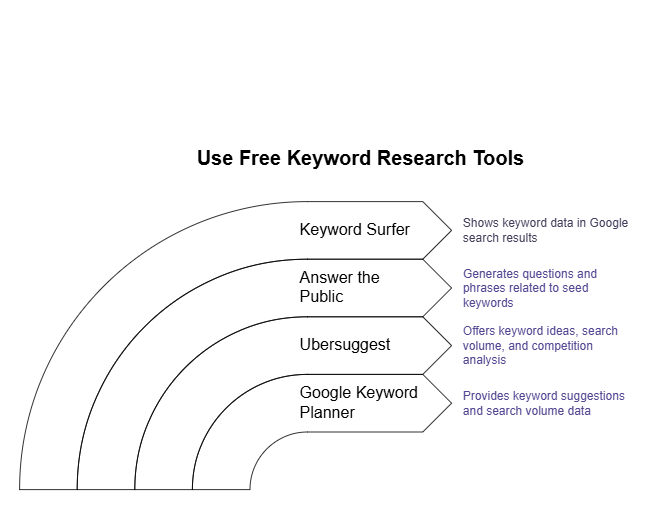
Use all the free tools available online to expand your keyword list. Some of the best free keyword research tools are listed below:
Google Keyword Planner:
One of the best tool for finding keywords related to your business. It gives insights into search volume, competition levels, and suggested keywords.
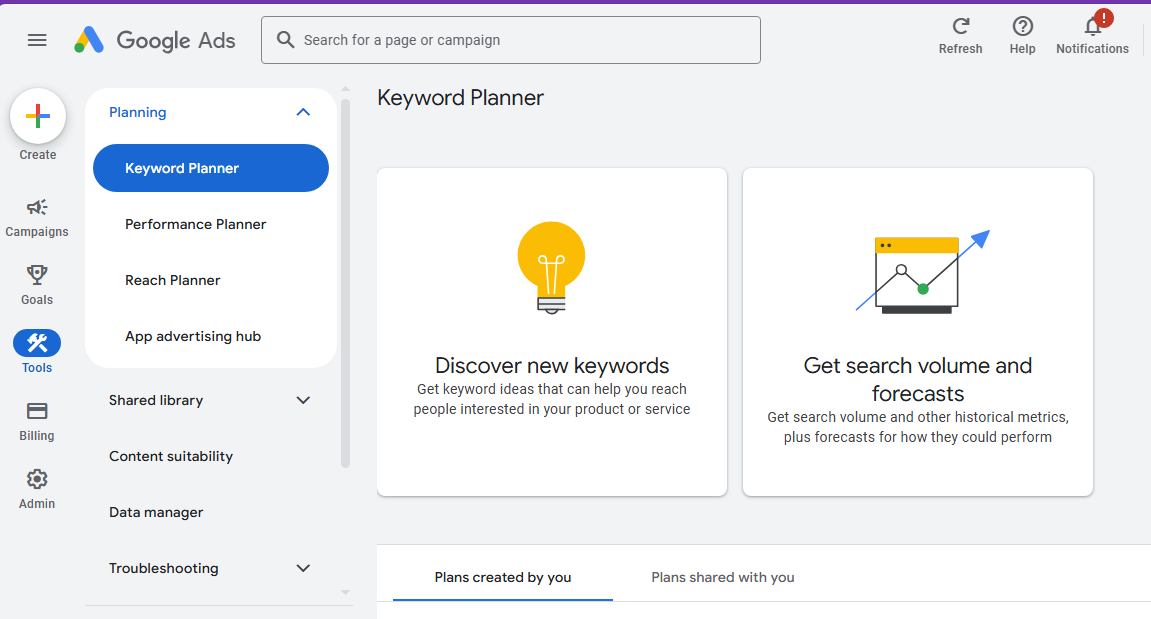
Moz Keyword Explorer:
Moz has a user-friendly interface that offers a straightforward way to analyze keywords and see their monthly volume and difficulty.

Ubersuggest:
This tool gives keyword suggestions and data on search volume and competition.
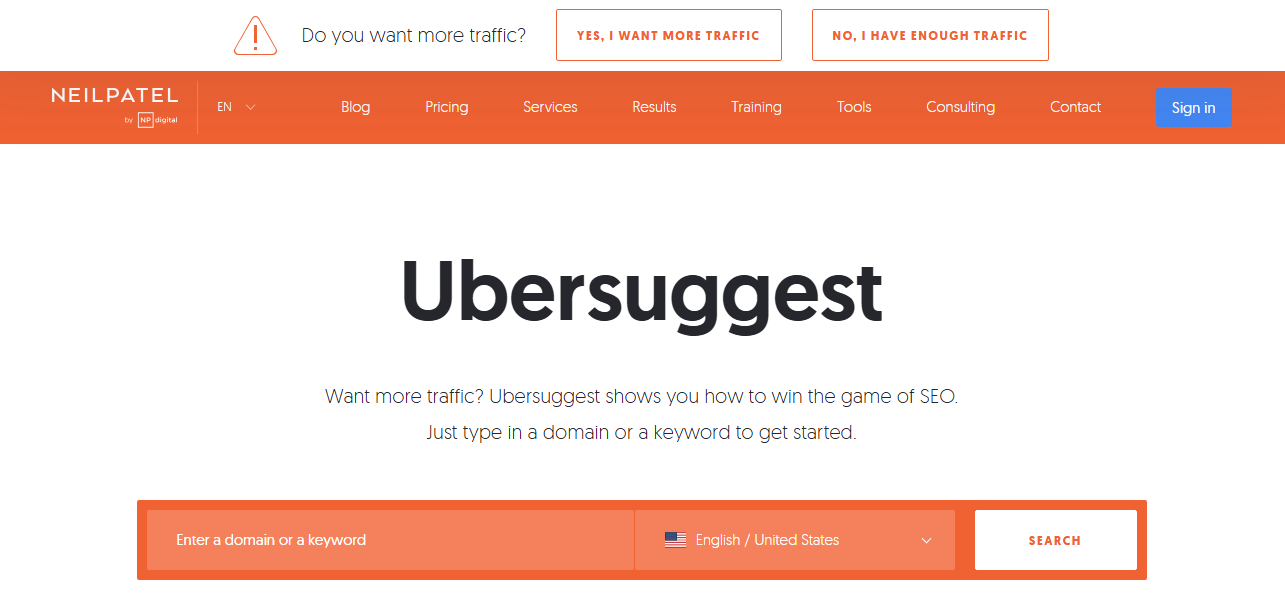
Answer the Public: This tool gives questions people ask related to your seed keywords, which helps you identify content ideas.
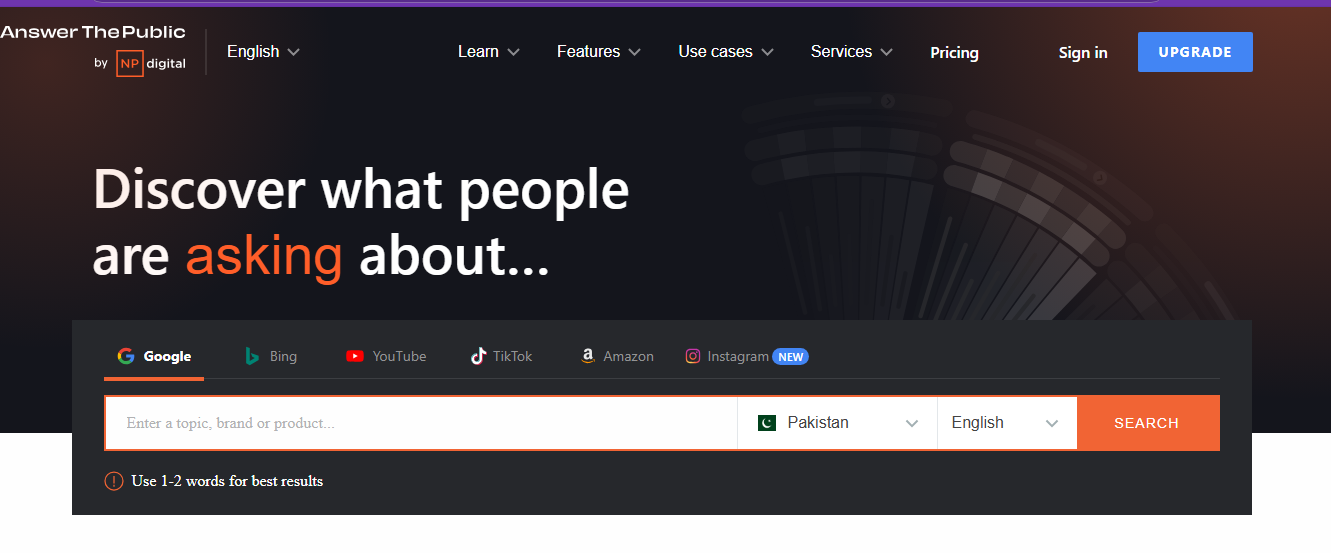
Ahrefs Keyword Generator: A free tool that shows keyword volumes and suggestions based on a seed keyword.

Step 4: Analyze Search Volume and Competition
Once you identify the potential keyword list, search for its estimated volume and corresponding competition level. Target a fair balance between competitive high-volume and manageable competition-level terms. You want to opt for keywords whose search volume represents popularity but, in turn, suggest easier ranking ability.
Step 5: Understand Search Intent
Create categories based on user intent, such as informational, navigational, commercial, and transactional. This way, your content is sure to correspond with what a user wants at each step of the journey.
Step 6: Group and Categorize Keywords
Organize keywords into thematic clusters by intent or topic. Discovering topic clusters and potential pillar pages will then help inform the content strategy.
Step 7: Analyze Trends and Seasonality
Use Google Trends to analyze interest in keywords. This might inform content around peak periods or seasonal trends.
Step 8: Conduct Competitor Analysis
Look at what keywords your competitors rank for using SEMrush or Ahrefs tools. Such analysis may help to find gaps in your strategy and highlight new opportunities in targeting keywords that your competitors may have missed.
Step 9: Consider Local Keyword Research
If applicable, incorporate location-based terms into your research to attract local customers effectively. Tools like Google My Business can help identify local search trends.
Advanced Techniques for Free Keyword Research
As you become more experienced in SEO, consider employing advanced techniques:
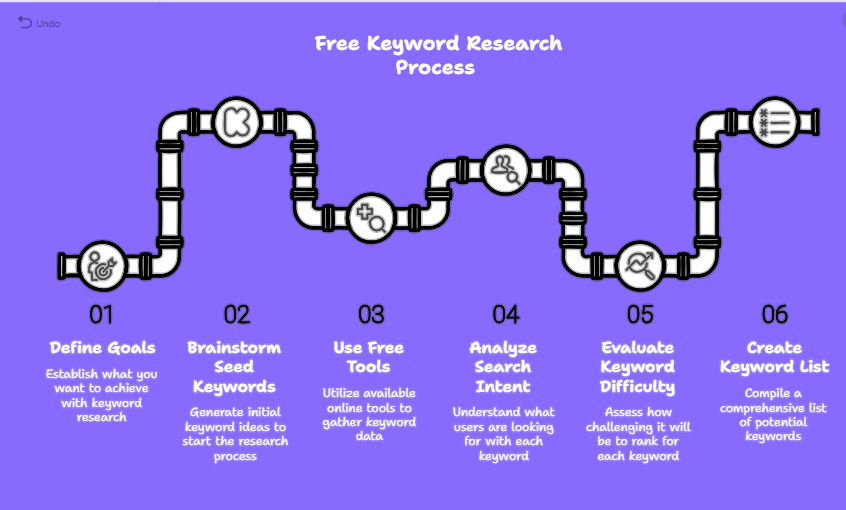
Free website keyword analysis
Competitive Keyword Analysis
Do a competitive analysis using tools with free plans from SEMrush or Ahrefs to find gaps in your keyword strategy.
AI-Powered Tools
Leverage AI-driven tools like ChatGPT or Clearscope to predict emerging trends and identify high-potential long-tail keywords based on semantic relationships.
Combining Multiple Free Tools
A combination of free tools, such as Google Search Console, Google Trends, and Ubersuggest, can gather diverse search patterns and user intent data.
Best Practices for Keyword Research
To improve the effectiveness of your keyword research efforts:
- Long-tail keywords (less competitive phrases that drive targeted traffic) include "best free keyword research tool."
- Analyze the behavior of users and understand how users interact with content related to your target keywords.
- Regularly Update Your Keyword List. Trends change with time; re-examining your keyword strategy is important.
- Utilize semantic SEO practices. Use relevant terms and synonyms of your core keywords throughout the content.
Sum Up
There's no need for the expensive business of keyword research because free tools allow you to systemically determine appropriate keywords for optimizing your SEO approach. Remember that keyword research is not done one time. One should refine continuously, evolving to match changes in trends and behaviour over time in an attempt to gain a competitive advantage in digital marketing. All of this will work in the quest for improved online exposure without being prohibitively costly.
Keyword Research Services
The Best digital marketing service from Optimixia include the whole arena of services. It is about keyword research, SEO audits, and content optimization. We offer keyword research to ensure we get the high volume and relevant words to reach your target audience. Let’s work together to make your business stand out and succeed!